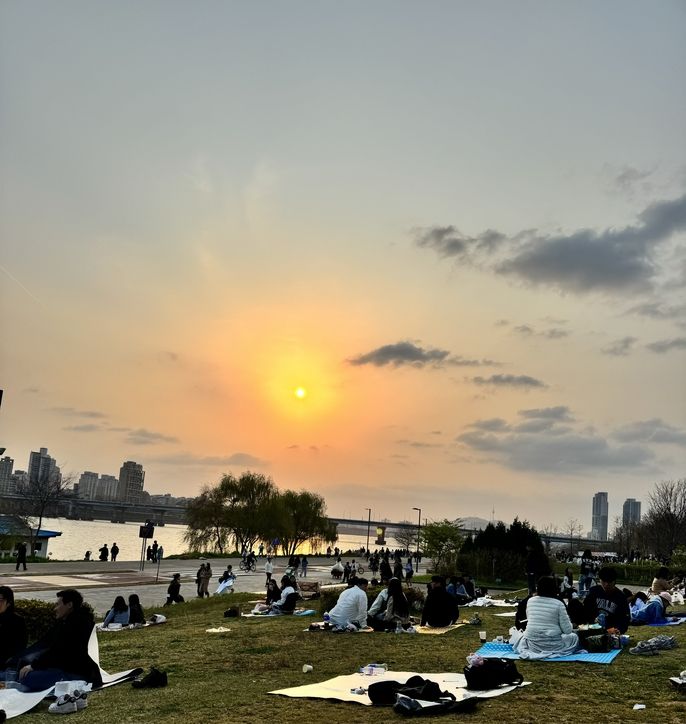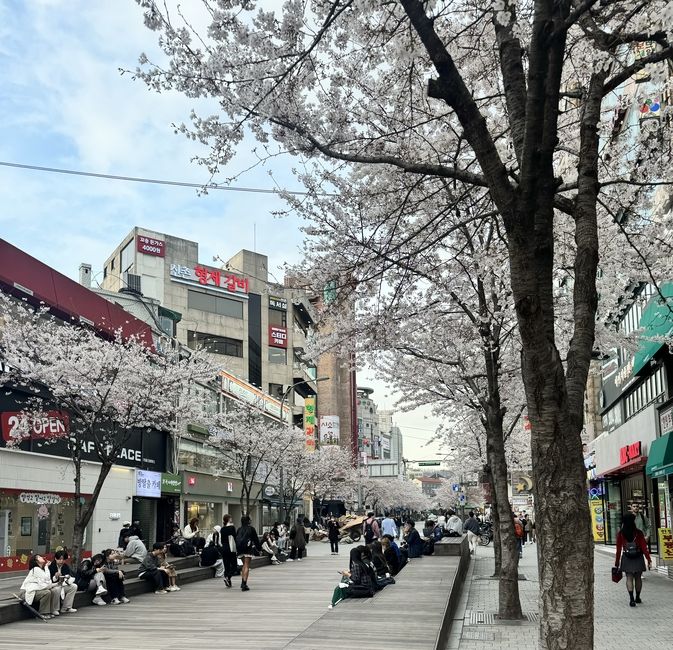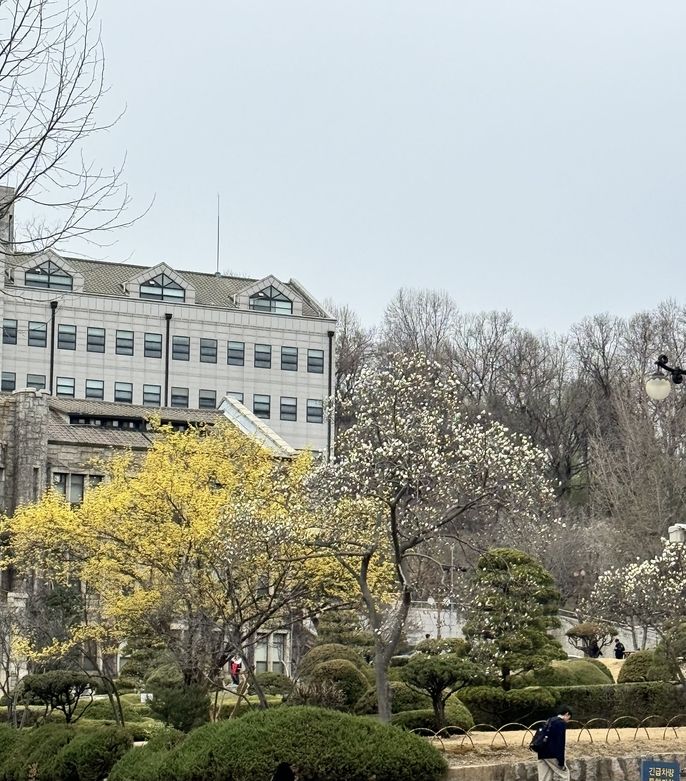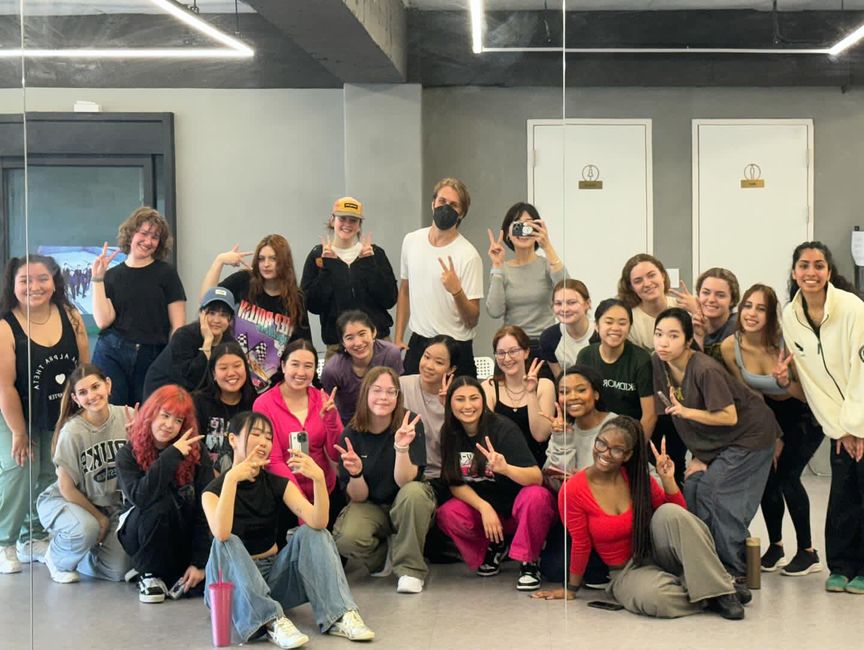Preparing for Studying Abroad
Studying abroad is a huge decision to make but it will be one of the best of your life. You will make amazing memories, friends, and have the experience of a lifetime. However, preparing for it both physically and mentally can be a bit overwhelming and difficult. So here are a few things to keep in mind when getting ready for your big trip.
1.Documents
Visas :(
- Most countries require a visa for any type of prolonged stay. Therefore if you are doing a semester or year long program a visa will most likely be necessary. The only unfortunate aspect is that they are incredibly annoying to apply for.
Online
- You can apply online for your visa by using a service that basically collects your documents and makes sure they are correct and then sends them to the correct consulate.
- This is a convenient resource in that they make sure that all of your documents are correct, you are not missing anything, and you are almost sure to be approved. However, this is an extra step that costs extra money. I initially thought about applying for my visa using this method. However after observing my application they called me to let me know that they may not be the most efficient method. I really appreciated this as I was able to save money and the employee who called me even walked me through the process of how to apply via mail. Even though I didn’t wind up using this service they were still incredibly helpful and only wanted to make my application easier.
In-person
- While I didn’t apply for my visa in-person, this is an option that other individuals took. For many consulates in the United States you just have to bring in your application materials, however, sometimes an interview is required. I recommend thoroughly reading through the consulates’ website, especially because this information changes frequently and some sites may have different information than others.
Mail-in
- This was the method of application that I decided to go with. The only reservation I had was that sending through the mail is a little worrisome because of all of the personal information required for visa applications. I would just be aware of this; and additionally, before submitting I would call your consulate to make sure that all of your documents are there and correct. This is also a good idea so that the consulate is aware of your application before you submit. However, if you can, I would request a “received” receipt when you mail in your application. This is usually just an email that notifies you when your application has been delivered to the consulate.
- Finally, stay in communication with your coordinator so that they are aware of where you are in the process and can help you with anything that arises.
Passport
- Thankfully passports are much easier than visas. If you don’t have one or it is expired just make sure to apply for it as early as possible. Most programs don’t require it until 1-2 months before your program starts, however, there is a lot of paperwork that asks for this info so it is more convenient to have it earlier than later.
Medical
- Many programs will require a recent physical to make sure you are in tiptop shape for studying abroad. Just make sure to plan accordingly for this and keep up with due dates for documents.
2. Phone plan
Don’t wait till the last minute to figure out your phone situation. I did and had to use public wifi for a month because turning on data-roaming doesn’t guarantee reliable service. Therefore, I would seriously consider purchasing a sim or eSIM card, there are many ways to do this and some services in which you don’t even have to visit a phone carrier shop.
3. Packing
Pack early, don’t put it off. The earlier you start the more you will remember as you go. The best way to do this is keep your suitcase open in your room and as you remember things, just throw them in. It sounds messy but it works really well. Another tip is to purchase vacuum seal bags for your clothes, they will be a lifesaver in efficient packing.
4. Learn some key phrases
If you are studying in a country that speaks a language you don’t know, learn some of the phrases that will help you get by while you are there. It will make it so much easier when you are there and you won’t have to rely on translation apps or gestures.
5. Research the area you will be staying and its customs
This is pretty big because depending on where you are studying there may be areas you want to avoid or that you really want to visit. Try to be aware of what will be around you so that you can be knowledgeable about where you are going and can stay safe. Additionally, learn about the culture and customs of that country so that you can be a respectful visitor.
6. Try reaching out to others on your program
Many programs will make a large group chat for those attending. I highly recommend being active in them as it will help you create connections before you arrive. This is also really nice because everyone can bounce around questions and helpful information.
7. Have a plan on how to stay in touch with loved ones
Make sure you have a way and a plan of how to stay in touch with family and friends. Studying abroad can be isolating at times and being able to stay in contact with friends is really nice when these feelings arise. Therefore, if you get a native number make sure they know, also apps like instagram will be really helpful since you can text, call, and even video chat.
8. Get Excited!
Preparing for studying abroad can be really stressful and daunting but in the end once you get there you will have the time of your life. So make sure to keep your deadlines and stay on top of your paperwork to make the process smooth and stress free. Start making bucket lists of things you want to do and places you want to visit, watch videos of others who have been there, and start mentally preparing. The lead up to your departure is a lot mentally but after arriving it becomes pretty easy. Good Luck!
Related Posts
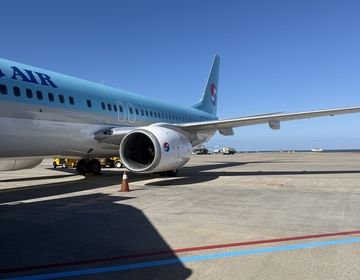
Soul Searching in Seoul: Everything I Learned and What I Wish I Knew
Before I start crafting my “study abroad changed me” answers for friends and family, here are the practical things I wish I’d known. The things that would’ve saved me time... keep reading

A Seoul Escape to Bukhansan
Get out of the hustle and bustle of Seoul and head to the peak of Bukhansan!

My Time in South Korea Attending Yonsei University: A Life-Changing Chapter
By: Zahrraa Al-Salman Studying abroad had always been a dream of mine—an opportunity to step outside of my comfort zone, immerse myself in a new culture, and deepen my understanding... keep reading
